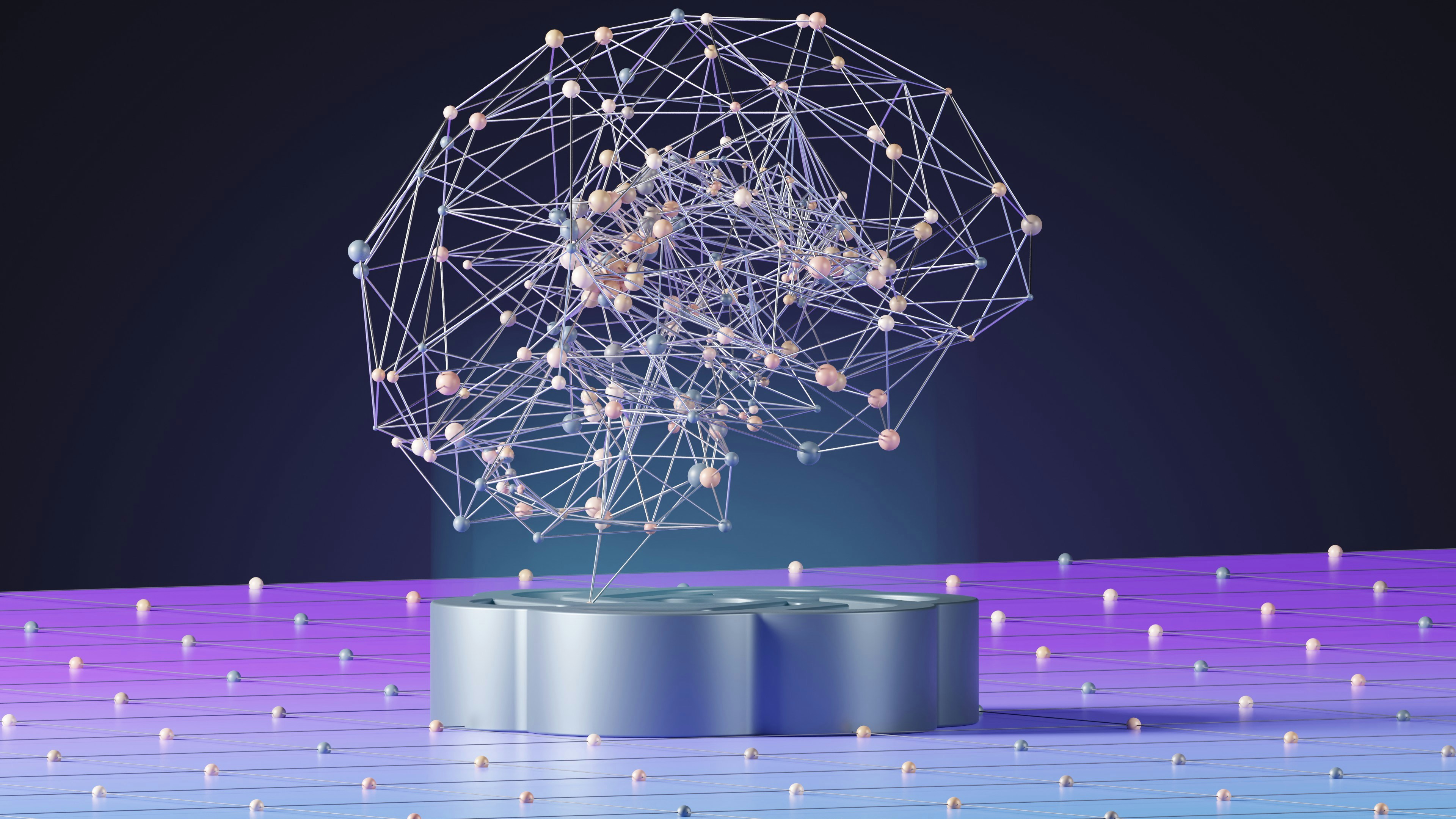Generative AI Revolution: How Generative AI Is Transforming Industries and Creativity

Generative AI is a breakthrough technology that allows machines to create original content such as text, images, audio, and even code by learning from existing data patterns. Unlike traditional AI that primarily analyzes or classifies data, generative AI goes a step further by producing new and realistic outputs without direct human intervention.
This technology is reshaping numerous industries by enhancing creativity, boosting productivity, and automating complex tasks. Companies adopting generative AI report faster product development, highly personalized customer interactions, and reduced operational costs.
Major Applications of Generative AI Across Industries
- Healthcare: Generative AI enhances diagnostics, treatment planning, and drug discovery by simulating molecular structures and creating medical imagery. It supports personalized medicine by generating treatment recommendations based on patient data.
- Finance: It analyzes unstructured data like contracts and reports to improve decision-making, detect fraud, and optimize portfolio management. AI-generated insights help financial institutions respond quickly to market changes.
- Retail: Generative AI enables personalized marketing campaigns by creating tailor-made content for customers. It also powers virtual try-on experiences and optimizes inventory management using predictive analytics.
- Manufacturing: AI generates product designs, simulations, and maintenance schedules, accelerating innovation and operational efficiency. It allows rapid prototyping, reducing time-to-market for new products.
- Creative Industries: From producing AI-generated art and music to writing original stories and scripts, generative AI is expanding creative possibilities while assisting human creators.
Benefits Driving the Generative AI Market Growth
The global generative AI market is growing rapidly, driven by innovation and widespread adoption:
- Increased Productivity: Automation of routine creative tasks frees up human talent for strategic work.
- Cost Reduction: Rapid prototyping and content generation lead to lower development and marketing expenses.
- Personalization at Scale: Businesses can engage customers with uniquely tailored experiences.
- Market Expansion: New startup ecosystems and investments are fueling continuous advancements and applications.
Challenges and Ethical Considerations
Despite its transformative potential, generative AI raises concerns:
- Content Authenticity: The ability to generate realistic but synthetic content creates risks of misinformation and fraud.
- Intellectual Property: Questions arise about ownership of AI-created works.
- Job Impact: Automation of creative tasks may affect employment in some sectors.
- Bias and Fairness: AI models trained on biased data can perpetuate harmful stereotypes or inaccuracies.
Addressing these issues requires transparent development, ethical guidelines, and regulatory frameworks to ensure responsible deployment.
The Future of Generative AI
As generative AI continues evolving, it will unlock new creative and business opportunities, fuel innovation, and redefine how humans collaborate with machines. Understanding its applications and implications is essential for businesses, policymakers, and individuals aiming to thrive in an AI-driven future.

